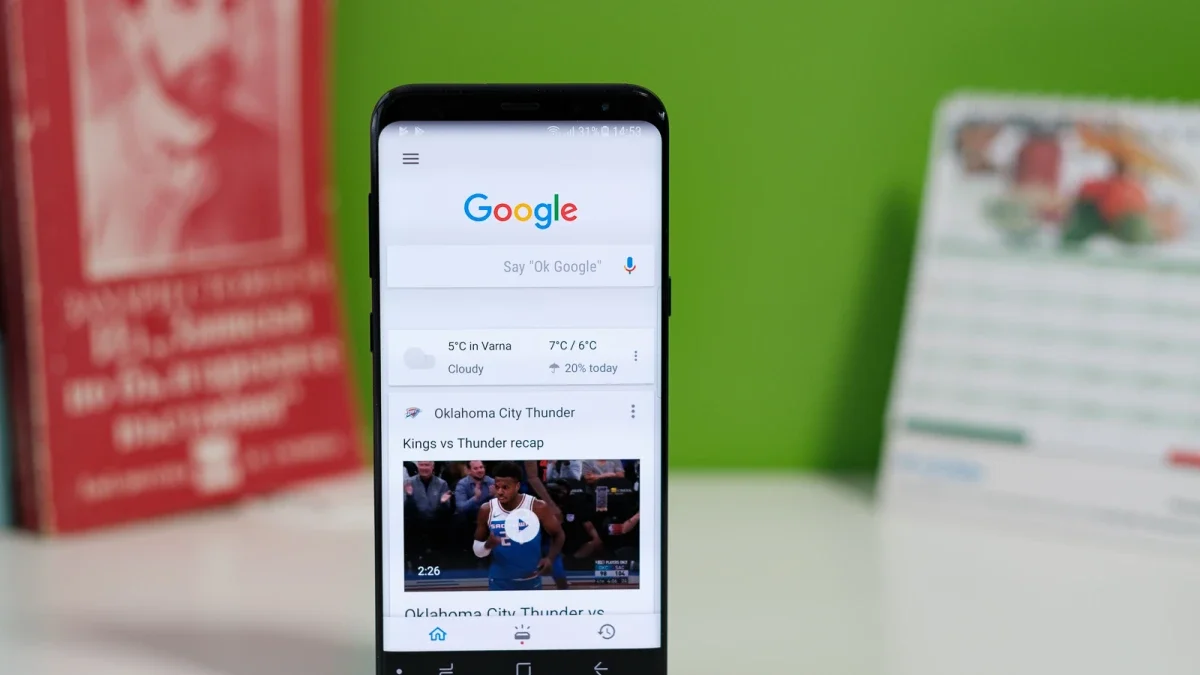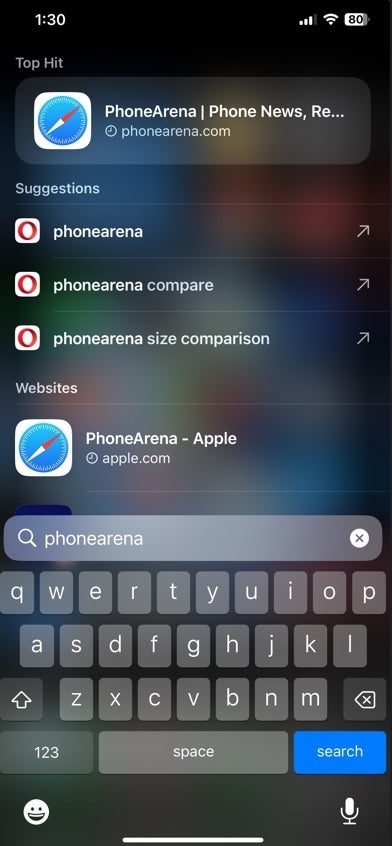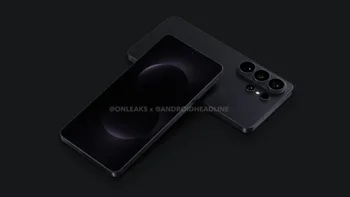Apple might be ready to include its own search engine in iOS if Google loses to the DOJ in court

Thanks to the antitrust lawsuit between the Justice Department and Google, search engines have been a hot topic, especially Google's deal that pays Apple billions of dollars a year to be the default search engine on the iPhone. And with all the talk about Google paying billions to Apple each year for prime placement on the iPhone, the question naturally arises about whether Apple will build its own search engine for the iPhone.
Google reportedly pays Apple $8 billion a year to be the default search engine on iOS
From time to time, there are rumors about Apple developing its own search engine, but for the most part, many believe that Apple isn't interested in doing so because of the money it receives from Google. Today, Bloomberg's Mark Gurman discussed Apple's search engine options in his weekly Power On newsletter. According to Gurman, Apple receives approximately $8 billion a year from Google for what he calls "a cut of Google's search ad revenue."
His take on this is that Apple could bring in more money for itself and he writes that if Apple were able to create its own search engine for the iPhone and sell ads at the same rate that Google does, it could add as much revenue each year as the Apple Watch. The latter is estimated to have generated $14 billion-$18 billion in revenue for Apple last year. And even if Apple couldn't match Google's ad-selling performance, Gurman says that Apple might collect more money by building its own search engine for the iPhone.
There are some good reasons Mark cites for Apple to go through the motions even if it doesn't plan on deploying its own search engine for its handsets. One, it would be a great bargaining chip when Google and Apple sit at the negotiating table to discuss how much search revenue Apple will receive. And two, it will help Apple's non-web search potential.
Apple, as Gurman points out, already built its own search engines for some of its apps such as the App Store, Apple TV, Maps, and News. And it isn't as though Apple hasn't been working on this. Apple's senior vice president of Machine Learning and AI Strategy, John Giannandrea, commands a huge search team that has developed a next-gen search engine for the company's apps that is codenamed "Pegasus." Gurman says that this technology "surfaces results," is already used on some of Apple's apps, and is coming to the App Store.
Spotlight on iOS is a good example of what Apple is capable of in the search game
The best example of Apple's search capabilities, says Bloomberg's Chief Correspondent, is Spotlight which scans iOS and macOS to find something that a user is looking for on his device. A few years ago, Apple added web results from Bing and Google and the feature is also used by Siri to show web results. Giannandrea's team is looking to add generative AI support to Spotlight. Apple also has a web crawler called Applebot that indexes websites that are revealed to Spotlight and Siri users. To access Spotlight, swipe down from the middle of your iPhone's home screen.

Spotlight on iOS gives users an idea what an Apple search engine might be able to do
None of this means a thing unless Apple can sell advertising and the company does have an ad technology team that, according to Gurman, handles search ads in the App Store, and serves ads to the News app, the stocks app, and the weather app. This team also has a hand in negotiating ads for Apple's streaming sports content. With all of this experience, you'd expect this team to be able to sell ads for an Apple web search engine.
As Gurman points out, Apple's current search capabilities are limited compared to Google. Eddy Cue, Apple's VP of Services, has said that Google's search engine is the best and that there is no reason for Apple to develop its own. But should Google lose its court battle with the DOJ, the deal between Google and Apple could be canceled and Apple might have to say goodbye to the billions it receives from Google.
Under that scenario, it might behoove Apple to bring its own web search engine to iOS, develop an ads sales team, and collect for itself the billions that Google had been paying it.
Follow us on Google News














Things that are NOT allowed:
To help keep our community safe and free from spam, we apply temporary limits to newly created accounts: